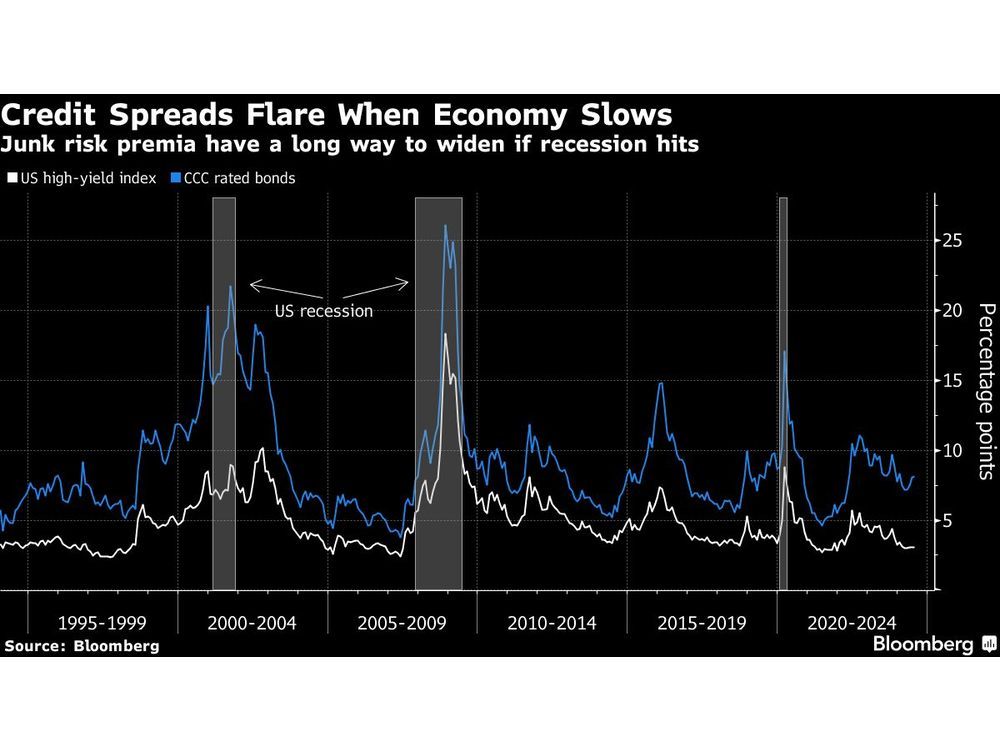Follow us on LinkedIn
The Fractal Market Hypothesis (FMH) is a theory that suggests that financial markets behave in the same way as natural phenomena and are subject to the same physical laws as found in nature. It suggests that financial markets are composed of similar patterns which repeat over and over again at different scales. These patterns can be used to identify market trends and can help investors make more informed decisions.
The Fractal Market Hypothesis is one of the alternatives to the Efficient Market Hypothesis (EMH) which states that all available information is already factored into the price of a security. The other alternative is the Adaptive Market Hypothesis (AMH).
Reference [1] examined how the fractal nature of the financial market can be quantified and used in investment analysis. It pointed out,
This paper examined the fractal properties of developed and developing market indices and examined the evolution of these fractal properties over a two-decade period. The FMH, using empirical evidence, posits that financial time series are self-similar, a feature which arises because of the interaction of investors with different investment horizons and liquidity constraints. The FMH presents a quantitative description of the way financial time series change; so after the testing of observed, empirical properties of financial market prices, forecasts may be formalized. Under the FMH paradigm, liquidity and the heterogeneity of investment horizons are key determinants of market stability, so the FMH embraces potential explanations for the dynamic operation of financial markets, their interaction and inherent instability. During “normal” market conditions, different investor objectives ensure liquidity and orderly price movements, but under stressed conditions, herding behavior dries up liquidity and destabilizes the market through panic selling.
We believe that the indicators presented in the paper can be implemented in trading systems.
Let us know what you think in the comments below or in the discussion forum.
References
[1] A. Karp and Gary Van Vuuren, Investment implications of the fractal market hypothesis, 2019 Annals of Financial Economics 14(01):1950001
Further questions
What's your question? Ask it in the discussion forum
Have an answer to the questions below? Post it here or in the forum
Meta rolled back January 6-era restrictions on former President Donald Trump's social media accounts ahead of the Republican National Convention.



June saw 75 filings, up from 62 in May and above the pandemic-era peak of 74 in July 2020, according to S&P Global Market Intelligence.

Credit markets are breathing a sigh of relief after inflation data showed price pressures are cooling broadly, but a weakening economy poses fresh risks to corporate debt.